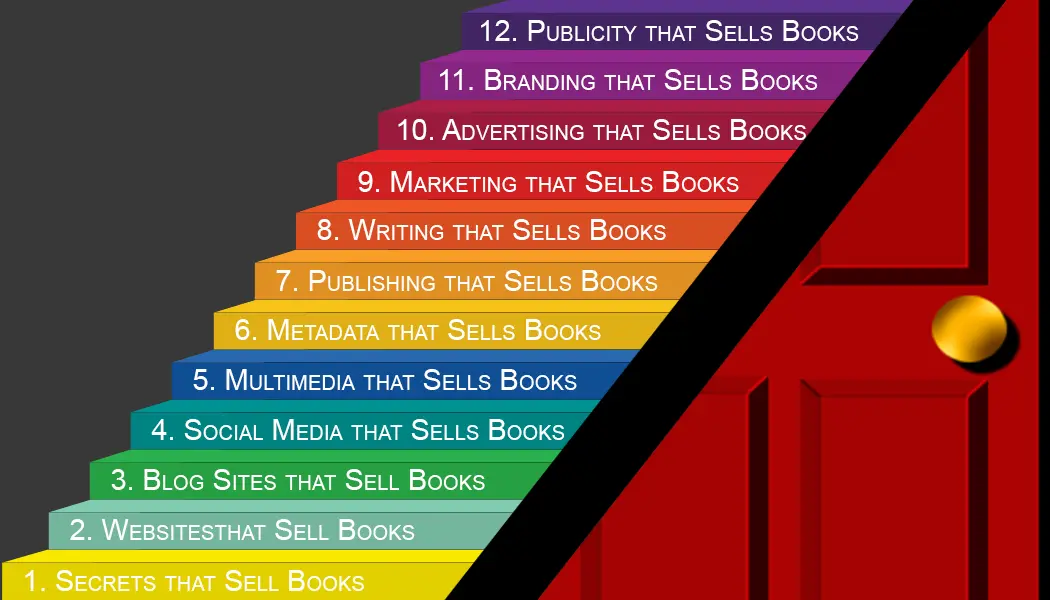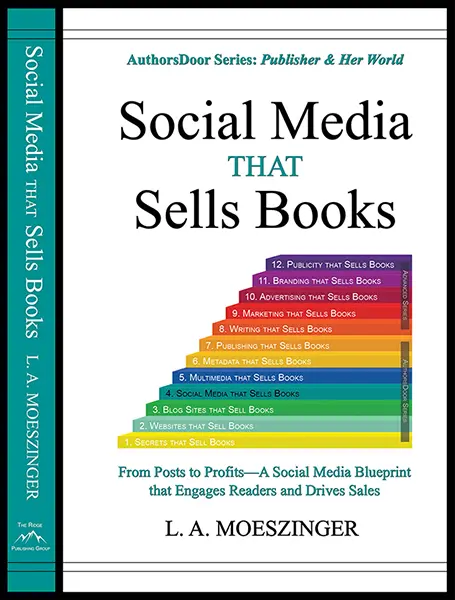Facebook, with its massive global user base, offers unparalleled opportunities for businesses to enhance their digital marketing efforts. Whether you’re a small startup or a large corporation, Facebook marketing can help you reach your target audience effectively and efficiently. This comprehensive guide delves deeper into the strategies that can transform your Facebook marketing campaigns into powerful tools for growth.
The Power of Facebook for Marketing
Facebook’s robust platform supports a wide variety of marketing activities. Its rich user data allows for detailed targeting and personalization, making it an indispensable tool for digital marketers aiming to craft highly effective and engaging campaigns.
Developing Effective Facebook Marketing Strategies
1. Set Clear Marketing Objectives
Successful Facebook campaigns begin with clear, measurable objectives. Define what you want to achieve: Is it increasing brand awareness, generating leads, driving traffic to your website, or boosting sales? Facebook’s advertising system is designed to support a variety of objectives, and defining yours will help you to choose the right campaign type.
2. Understand and Segment Your Audience
Effective campaigns are built on a deep understanding of your audience. Utilize Facebook’s Audience Insights tool to get detailed information about your followers’ demographics, interests, and behaviors. Segment your audience to tailor your campaigns more precisely. This segmentation can be based on age, location, gender, job title, and even user behavior such as previous interactions with your ads or page.
3. Craft Engaging and Relevant Content
Content is the cornerstone of any successful marketing campaign. Develop content that resonates with your audience, whether it’s informative blog posts, engaging videos, or eye-catching graphics. Test different types of content to see what your audience responds to best.
4. Choose the Right Ad Formats
Facebook offers several ad formats, each suited to different campaign goals:
- Image Ads: Good for quick, clear messages about a product or service.
- Video Ads: Effective for storytelling or demonstrating product use.
- Carousel Ads: Useful for showcasing multiple products or telling a brand story across several frames.
- Slideshow Ads: A simple way to create video ads from still images, text, and sound, perfect for users with slower internet connections.
- Instant Experience Ads: Full-screen ad experiences that open after someone taps your ad on a mobile device, ideal for immersive storytelling.
5. Incorporate Facebook Stories and Live Features
Stories and Live videos offer a unique way to engage with your audience in a more informal and interactive manner. Stories are excellent for limited-time offers or behind-the-scenes glimpses, while Live videos can be used for Q&A sessions, product demonstrations, or major announcements, fostering real-time engagement.
6. Optimize for Mobile Viewing
Given that a significant majority of Facebook users access the platform via mobile devices, ensure all your content, especially ads, is optimized for mobile viewing. This includes using large, readable text, compelling visuals, and ensuring that linked pages are mobile-friendly.
7. Utilize Advanced Targeting Features
Leverage Facebook’s advanced targeting options to refine your audience. Beyond basic demographics, target users based on their online behaviors, purchase history, device usage, and even life events. This precise targeting helps in reducing ad spend wastage and increases campaign ROI.
8. Implement Facebook Pixel
Facebook Pixel is an analytics tool that allows you to measure the effectiveness of your advertising by understanding the actions people take on your website. Use Pixel data to refine your ad strategies, build targeted audiences for future ads, and remarket to people who have already taken some kind of action on your site.
9. Regularly Analyze and Adjust Your Campaigns
The key to maintaining successful Facebook marketing campaigns is continual analysis and adaptation. Regularly review the performance of your campaigns using Facebook Analytics. Pay attention to metrics like reach, clicks, engagement, and conversion rates. Use these insights to tweak your campaigns for better performance.
Conclusion: Navigating the Facebook Marketing Landscape
Facebook marketing presents a dynamic and potent opportunity for businesses willing to invest in understanding and leveraging its tools. By staying adaptive to changes in Facebook’s algorithms and user behaviors, continuously testing and optimizing campaigns, and engaging genuinely with your audience, your business can achieve remarkable growth and visibility in the digital space. Remember, the success of Facebook marketing lies not just in reaching people but in reaching the right people with the right message at the right time.
____________________________________________
Related Entries:
Publishing on Amazon and Ingram Spark: Best of Both Worlds
Related Topics:
Visit our website at www.AuthorsDoor.com and our blog site at www.AuthorsRedDoor.com as you continue your author-publisher journey.


